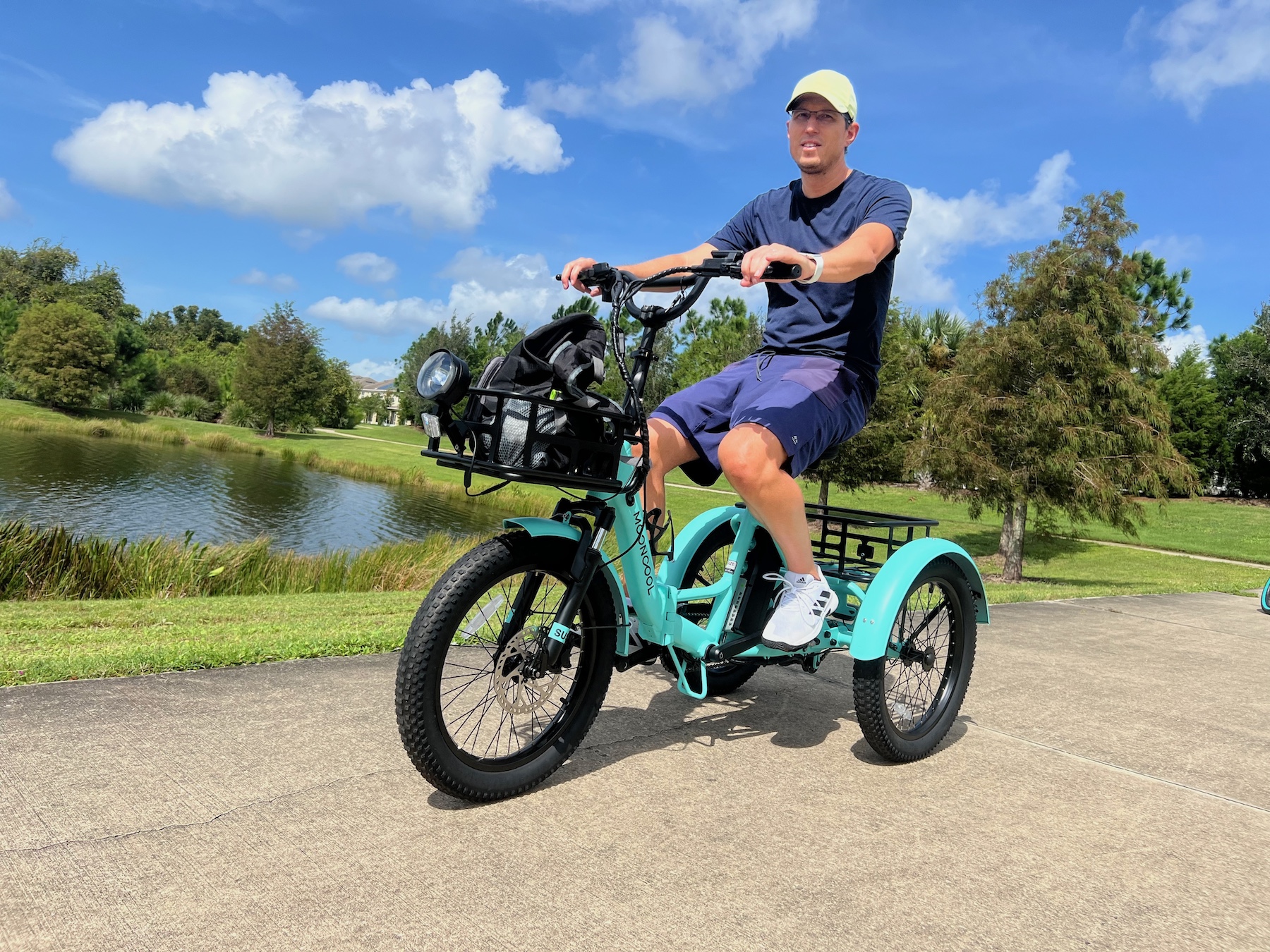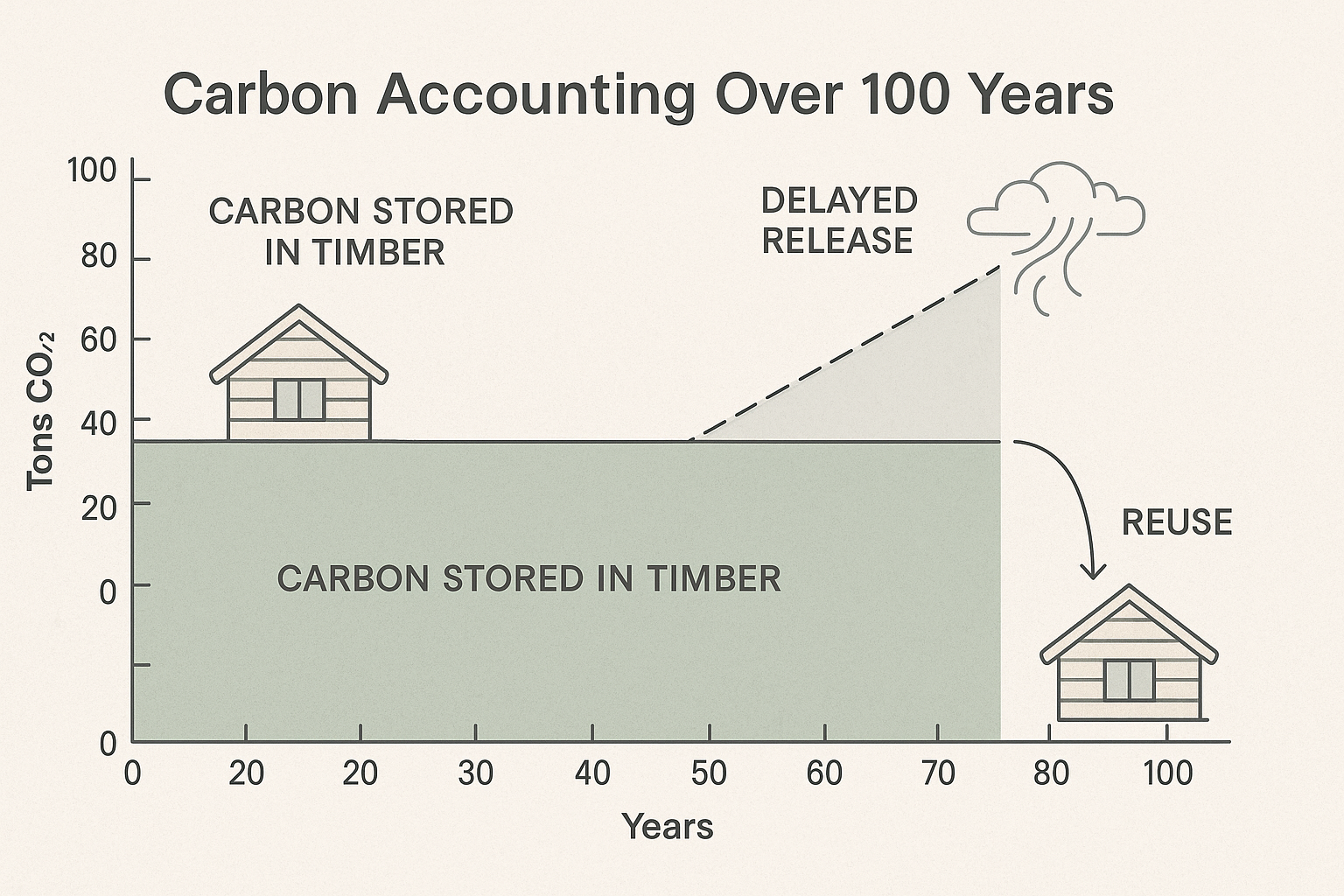New installation reduces grid reliance, supports EV charging, and advances university sustainability initiatives.
SNOHOMISH, Wash.–(BUSINESS WIRE)–Trinity Energy (Trinity), a leading provider of turn-key sustainable energy solutions, has announced a strategic collaboration with University of Washington (UW) to deploy a solar canopy system in Parking Lot E18, located adjacent to the university’s athletic and campus infrastructure near the baseball stadium. The project underscores Trinity’s commitment to enabling institutions to generate clean energy on-site and demonstrates a scalable model for renewable infrastructure across higher-education and campus environments.
The Lot E18 Solar Canopy can produce up to 93kW of power and will be connected to the City of Seattle and UW’s campus electrical grids. Designed to integrate with future electrification infrastructure, the system can support campus EV charging and fleet operations, transforming an existing parking area into a high-value, clean-energy asset without sacrificing parking capacity. By capturing avoided utility costs and producing on-site renewable energy, the project demonstrates how large campuses can turn available real estate into energy-producing infrastructure.
“Generating solar power from a parking lot may sound modest, but the strategic value is enormous,” said Darin Leonard, President of Trinity Energy. “With the Lot E18 project at UW, we’re turning underutilized space into a clean-energy asset while building the foundation for campus-wide electrification. This is how institutions redefine energy from a cost center into a strategic advantage.”
The Lot E18 project represents more than a single solar installation, it serves as a template for institutional scalability. The canopy’s modular design enables replication across other campus lots or similar environments, allowing universities and organizations to expand renewable power generation without major land-use tradeoffs. Beyond its immediate carbon-reduction and cost-saving benefits, the system’s grid-tied architecture also prepares UW for future energy resilience initiatives, including microgrid development and broader electrification goals.
As institutions like the University of Washington expand their reliance on digital infrastructure, electric mobility, and research facilities, energy independence and reliability have become critical priorities. Projects such as this allow campuses to generate on-site power, reducing dependence on the broader utility grid while mitigating exposure to outages or fluctuating energy costs. By producing renewable energy where it is consumed, the university strengthens its operational resilience and gains greater control over its energy future.
Nicole Bulgarino, president of federal solutions and utility infrastructure at Ameresco, reinforces this in an opinion piece published April 2025 stating, “Microgrids play a crucial role in facilitating energy conservation and decreasing overall emissions by optimizing the amount and timing of customer energy consumption. They not only support sustainability, but importantly, they can also be a key driver in securing our future of energy.”
Reliable on-site energy also supports a broader transition toward electrification, including fleet vehicles, building systems, and high-demand research equipment. Solar canopy installations provide a consistent, distributed source of electricity that complements grid power, ensuring uninterrupted operations while advancing sustainability goals. For Trinity Energy and its partners, these projects demonstrate how practical, scalable clean energy solutions can meet the dual demands of reliability and environmental responsibility.
About Trinity Energy
Trinity Energy is a leading provider of turnkey renewable energy solutions, enabling organizations to generate, store and manage clean power on-site. With a focus on modular infrastructure, rapid deployment and scalable design, Trinity partners with institutional and commercial clients to shift energy from an operational cost into a strategic asset.
Contacts
Media Contact
Jon Myers
Communications Lead, Trinity Energy






